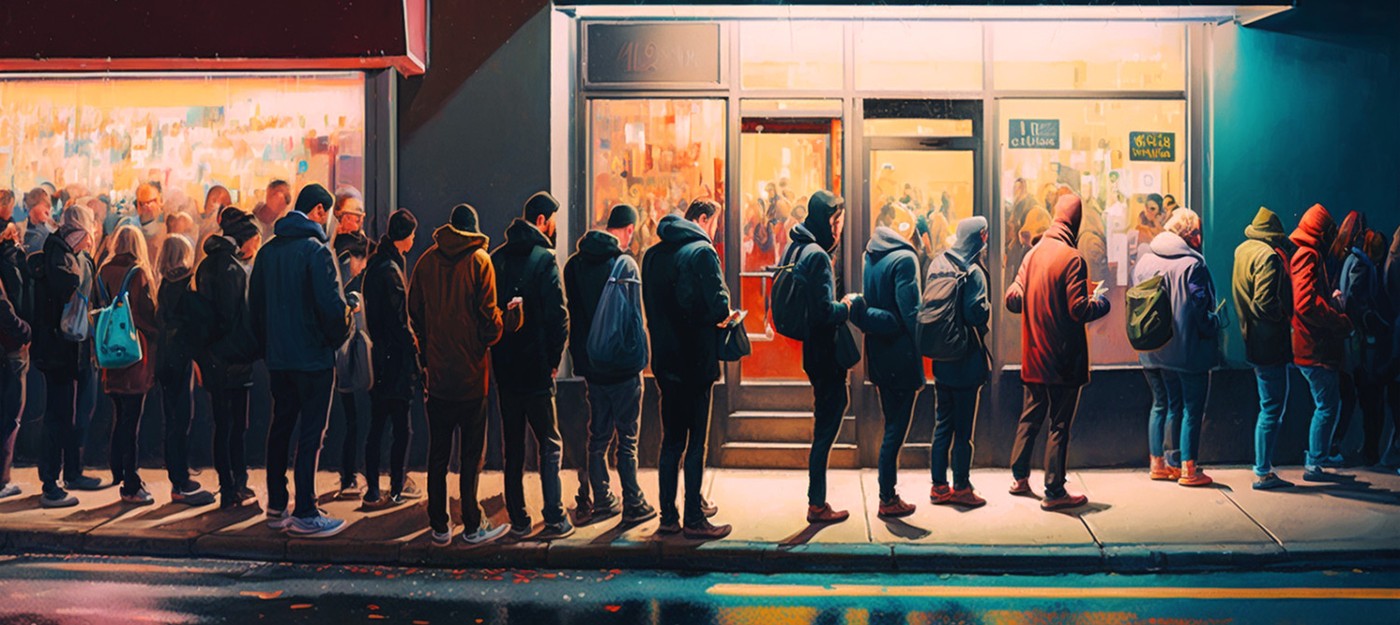The rise of chatbots and its impact on employment and wealth distribution

Chatbot technology, like ChatGPT, next-generation of Bing search and Google's Bard, rapidly raising concerns about future job loss. While some experts argue that the fears about AI and unemployment are overblown, others point to the potential of AI to exacerbate wealth and income inequality by creating a new generation of tech billionaires while pushing many workers out of well-paying jobs.
According to Lawrence Katz, a labor economist at Harvard, "AI will wipe out a lot of current jobs, as has happened with all past technologies, but I have no reason to think that AI and robots won’t continue changing the mix of jobs." However, the real question is whether the change in job mix will worsen existing inequalities.
Anu Madgavkar, who leads labor market research at the McKinsey Global Institute, believes that one in four workers in the US are likely to see more AI and technology adopted in their jobs, with 50-60% of companies pursuing AI projects. Madgavkar predicts that white-collar jobs, such as office work, customer service, and sales, will be most affected by AI, and workers will have to adapt or move into different skills.
AI will impact different types of jobs differently. For example, while AI could displace some call center workers, it may also make them more productive by quickly delivering information. AI may also displace radiologists, but it could also help radiologists focus on more complex issues. Similarly, while AI may be able to write articles about baseball games or Wall Street's daily movements, it will not be able to replace human journalists.
William Spriggs, an economics professor at Howard University and chief economist at the AFL-CIO, the US’s main labor federation, notes that making workers more productive should lead to higher pay for workers. However, he also observes that companies do not want to share the benefits of these technologies and instead want to scare workers into accepting lower wages. Spriggs cites the case of the auto industry, where increased productivity led to higher pay for workers.
David Autor, an economics professor at MIT, is uncertain about predictions regarding AI and job loss. While he is not concerned about the US running out of jobs, he is concerned about the composition of jobs and the impact of AI on the value of certain skill sets, potentially reducing their value and making labor more commodified. AI often creates jobs that are not predictable, and workforce experts believe that AI will create jobs for engineers and certain types of managers, as well as enhance existing jobs.
Top-10 professions most likely to be replaced with AI chatbots in the next 10 years:
Customer Service Representative
Data Entry Clerk
Telemarketing
Technical Support
Bookkeeping
Appointment Scheduling
Data Analysis
Content Moderation
Transcription
Survey Research